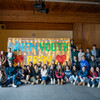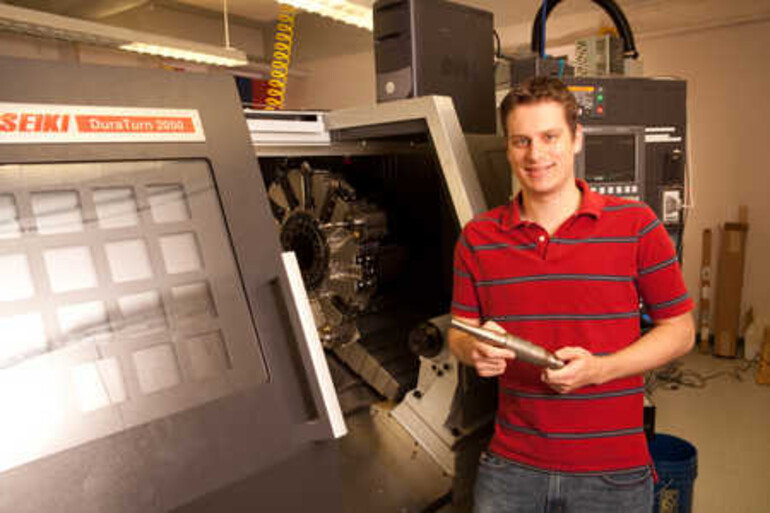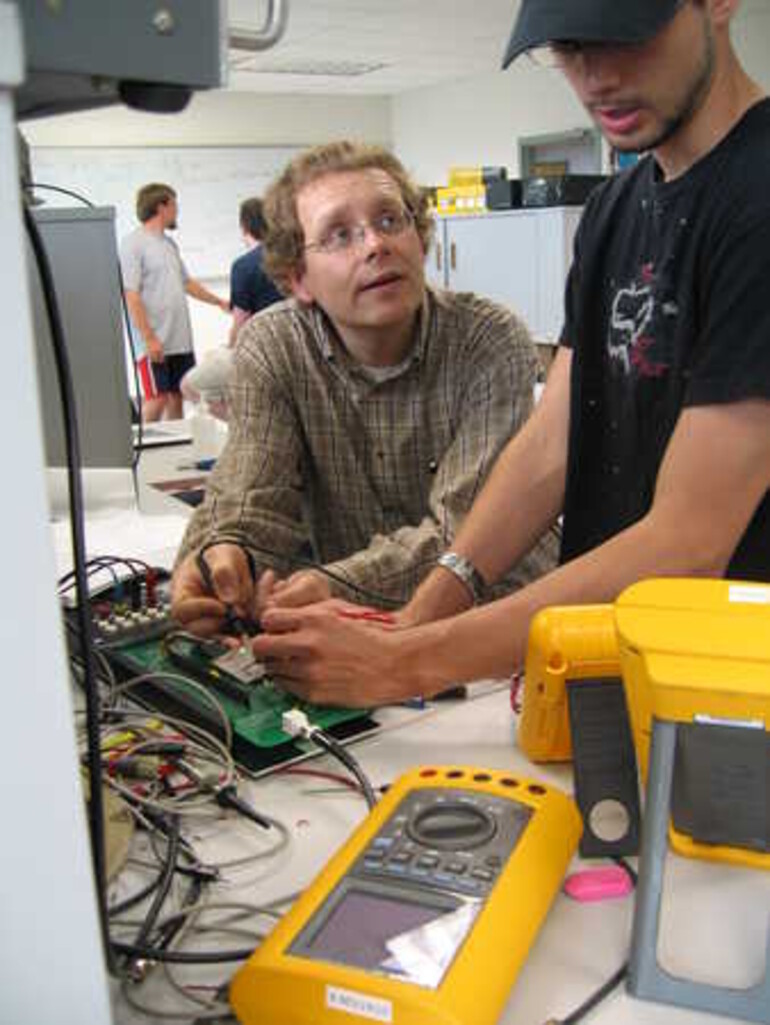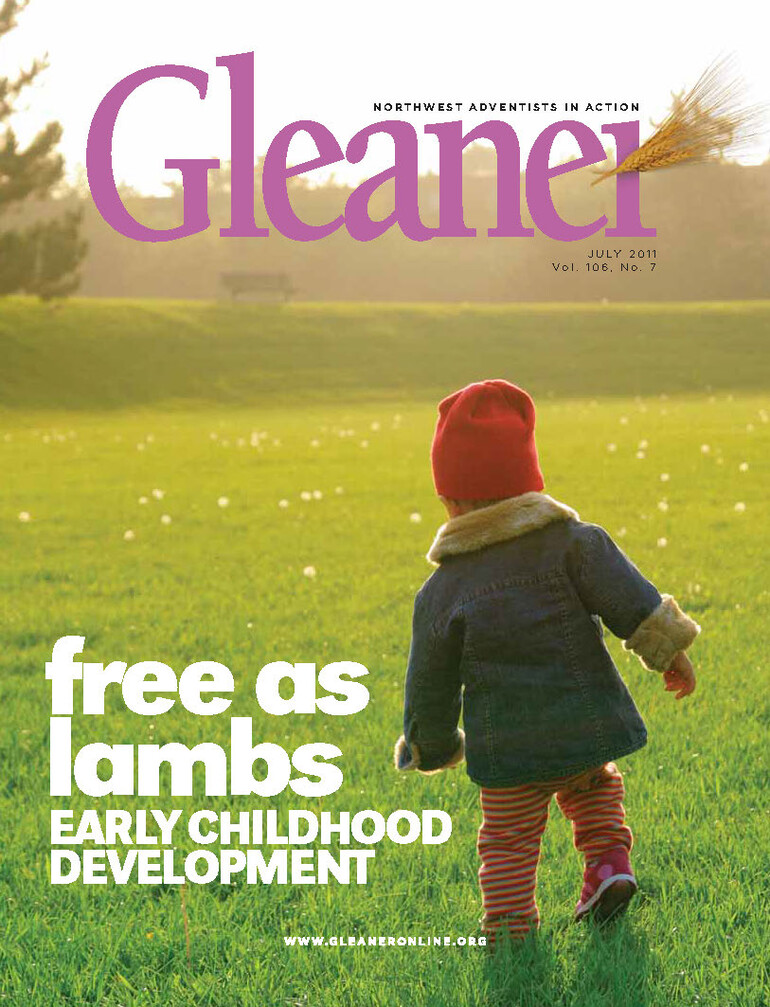The Walla Walla University's Edward F. Cross School of Engineering has been offering quality education in a vibrant campus community for 64 years. More than 1,200 students have graduated from the school's civil, computer, electrical and mechanical engineering programs.
While many colleges and universities reserve their top-notch laboratory equipment solely for use by graduate-level students, the School of Engineering believes access to the best possible technology is key to a high-quality undergraduate education.
"Enabling students to build and test their designs is a core value for our program," says Ralph Stirling, project engineer and engineering instructor. "It enhances the learning of the theory, increases motivation and further develops employable skills."
"I really appreciate the tools for prototyping," says Victor Shepherd, senior electrical engineering major. "It's helpful to be able to test our designs before we go into building a real project."
Engineering laboratories boast oscilloscopes, logic and RF spectrum analyzers, signal generators, a rapid prototyping machine, a computer numerical control lathe and mill, assembly robots, and other key tools.
Graduates from WWU's engineering program find high value in their education and satisfaction in their careers. Nadine Lashier ('97) is employed by NASA and works at the Johnson Space Center in Houston, Texas. Her team most recently trained the crew currently onboard the International Space Station.
Other graduates of WWU's School of Engineering include Gary Curtis ('59), who helped design the Space Needle in Seattle, Wash.; Arminta Jensen ('84), co-owner of a successful engineering firm in California; and Harley Heinrich ('79), developer of the RFID (radio frequency identification) tags used by vehicles traveling regularly on toll roads.
"WWU's combination of liberal arts studies and strong programs in science and engineering give students the best possible education," says Melodie Selby, assistant professor of engineering. "I also appreciate the small class size, which allows me to give individual attention to my students."
And it's not all about classroom learning.
"It is important to me to work directly with students on non-academic activities," says Curt Nelson, professor of engineering. "Projects such as Engineers Without Borders are as much fun as they are educational."
"There are numerous opportunities here that develop students for leadership in their employment, industry, community and church," says Doug Logan, dean of the School of Engineering. "That is all part of our mission."
To learn how you can be a part of the School of Engineering at WWU, call 800-541-8900 or email info@wallawalla.edu.










